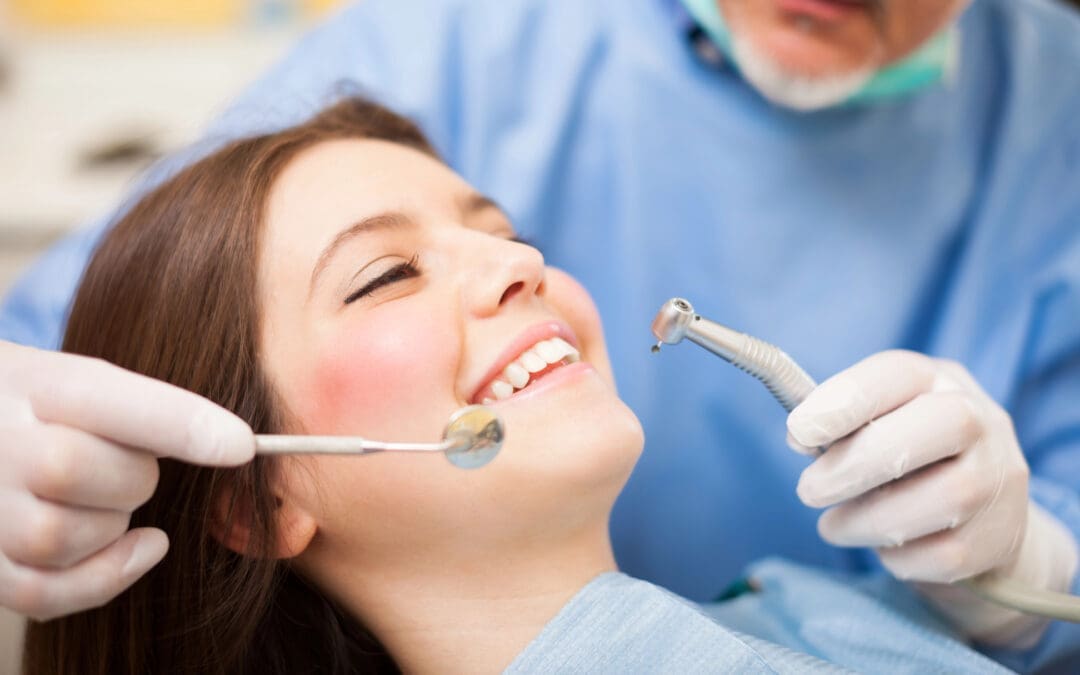What are the advantages and disadvantages of dental crowns? While dental crowns can restore function and improve the appearance of damaged teeth, the disadvantages of dental crowns include potential discomfort and the need for future replacements.
Aesthetic Benefits and Considerations of Dental Crowns
Dental crowns are often celebrated for their aesthetic appeal, providing a natural and seamless look that can enhance the overall appearance of one’s smile. These restorations are designed to mimic the color, shape, and translucency of natural teeth, making them an attractive option for those seeking to improve their dental aesthetics. However, when considering the disadvantages of dental crowns, it’s important to note that achieving this level of aesthetic perfection may require multiple dental visits and adjustments to ensure the crown matches the surrounding teeth flawlessly.
Despite the potential disadvantages of dental crowns, such as the time and effort involved in achieving the perfect fit and appearance, many individuals find the end result to be worth it. The ability of dental crowns to blend in with natural teeth can significantly boost confidence and self-esteem. For more information on the various options available, you can explore the Types of Dental Crowns That Can Transform Your Smile.
Advantages and Disadvantages of Dental Crowns
When considering the durability and longevity of dental crowns, it’s important to weigh both the advantages and disadvantages. Dental crowns are known for their ability to restore the function and appearance of damaged teeth, often lasting for many years with proper care. However, one of the disadvantages of dental crowns is that they can sometimes wear down or become damaged over time, especially if subjected to excessive force or poor oral hygiene. This can lead to the need for replacement or repair, which may be inconvenient and costly.
Another factor to consider is the material used in the construction of dental crowns, as this can significantly impact their lifespan. While some materials offer greater durability, they may also come with aesthetic trade-offs or higher costs. Additionally, the process of fitting a crown involves removing a portion of the natural tooth structure, which is irreversible. For those exploring their options, understanding the potential disadvantages of dental crowns is crucial. For more information on this topic, you can explore Dental Crowns in Washington.
Cost Considerations and Budgeting
When contemplating dental crowns, understanding the cost considerations and budgeting is crucial for making informed decisions. Dental crowns can vary significantly in price depending on factors such as the material used, the complexity of the procedure, and the geographic location of the dental practice. It’s important to recognize that while dental insurance may cover a portion of the cost, out-of-pocket expenses can still be substantial. Additionally, the long-term durability and maintenance of dental crowns should be factored into the overall financial planning. By evaluating these aspects, individuals can better anticipate the financial commitment involved in obtaining dental crowns.
Material Choices and Their Impact
When considering dental crowns, the material choice plays a significant role in both the advantages and disadvantages of dental crowns. Common materials include porcelain, ceramic, metal alloys, and composite resin, each offering unique benefits and potential drawbacks. Porcelain and ceramic crowns are often favored for their natural appearance, closely mimicking the look of real teeth, but they may not be as durable as metal options. Metal crowns, while incredibly strong and long-lasting, can be less aesthetically pleasing due to their metallic color. Composite resin crowns offer a balance between aesthetics and cost-effectiveness but may wear down more quickly than other materials. Understanding these material choices is crucial in determining the right fit for individual needs and preferences. For more information on dental care options, visit the Washington Dentist at Washington Center For Cosmetic & Family Dentistry.
Sensitivity and Comfort Concerns
When considering dental crowns, it’s important to be aware of potential sensitivity and comfort concerns that may arise. One of the disadvantages of dental crowns is that some individuals may experience increased tooth sensitivity, especially to hot or cold temperatures, following the procedure. This sensitivity can occur because the natural tooth structure is altered during the preparation process, which might affect the nerve endings. Additionally, some patients may find that their dental crowns feel slightly different from their natural teeth, leading to a period of adjustment as they get used to the new sensation in their mouth. While these issues are generally temporary, they can be a source of discomfort for some people. Understanding these potential drawbacks can help individuals make informed decisions about their dental health.
Maintenance and Care Requirements
When considering the advantages and disadvantages of dental crowns, it’s important to understand the maintenance and care requirements associated with them. Dental crowns, while durable, require regular oral hygiene practices to maintain their longevity and effectiveness. Proper brushing and flossing are essential to prevent plaque buildup around the crown, which can lead to gum disease or decay of the underlying tooth. Additionally, regular dental check-ups are necessary to monitor the condition of the crown and ensure it remains securely in place. Neglecting these maintenance routines can be one of the disadvantages of dental crowns, as it may lead to complications that could compromise the crown’s functionality and appearance over time.
Potential for Allergic Reactions
One of the notable disadvantages of dental crowns is the potential for allergic reactions. Dental crowns are typically made from a variety of materials, including metals, ceramics, and porcelain. Some individuals may experience allergic reactions to certain metals used in the crowns, such as nickel or other alloys. These reactions can manifest as irritation, redness, or swelling in the surrounding gum tissue. While allergic reactions are relatively rare, they are an important consideration for those with known sensitivities or allergies to specific materials. It is essential to be aware of this potential issue when evaluating the overall disadvantages of dental crowns.
Time Investment in Procedures
When considering dental crowns, one important factor to weigh is the time investment involved in the procedures. Typically, getting a dental crown requires multiple visits to the dentist, which can be a significant commitment for those with busy schedules. The process often includes an initial consultation, preparation of the tooth, taking impressions, and finally, the placement of the crown. This extended timeline can be seen as one of the disadvantages of dental crowns, especially for individuals seeking a quicker solution to their dental issues. Additionally, any adjustments or complications that arise may further extend the time required, making it essential to plan accordingly.
Impact on Natural Tooth Structure
When considering dental crowns, it’s important to understand their impact on the natural tooth structure. One of the primary disadvantages of dental crowns is that they require the removal of a significant portion of the natural tooth to ensure a proper fit. This process, known as tooth preparation, involves reshaping the tooth by trimming it down, which can weaken the remaining structure. While this is necessary to accommodate the crown, it means that the natural tooth is permanently altered and cannot be restored to its original form. This alteration is a crucial factor to consider when weighing the pros and cons of opting for dental crowns.
Conclusion
While dental crowns offer numerous benefits, it’s important to consider the disadvantages of dental crowns as well; for more information, call 202-363-2500 or check out the reviews on Google Maps.

